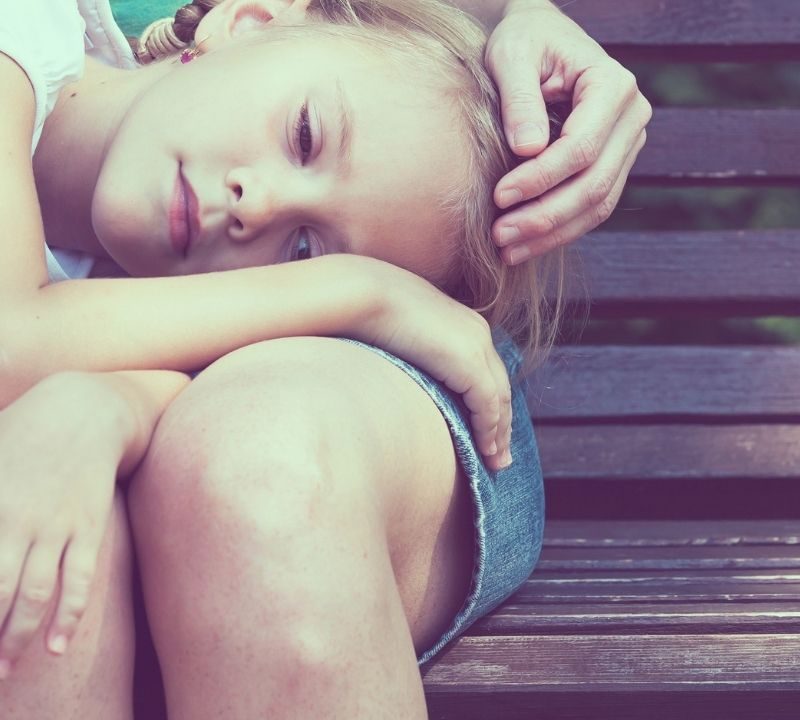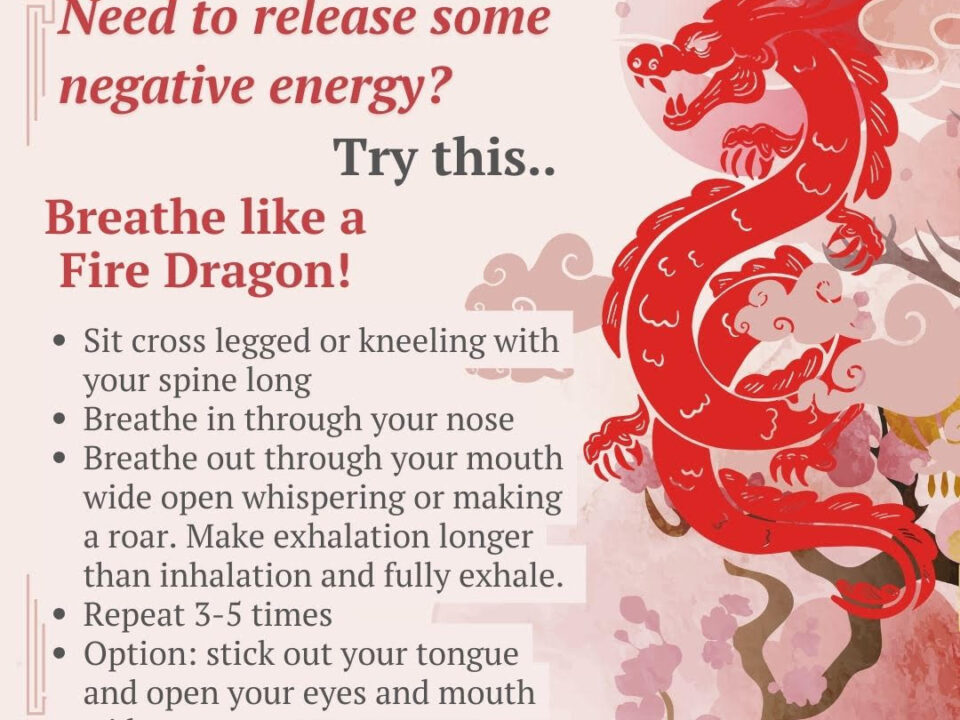
HSC – What truly matters
20/10/2020
Cyber Safety In a Nutshell
09/02/2021Transitioning into ‘big’ school is highly emotional for parents and their children. Here are some useful and practical tips to navigate the first days of school.
Routine
A good morning routine and predictability are key to a successful start to the day. A child who knows what to expect every day when they rise is less anxious and more confident than a child that lacks routine.
- Have bags packed, uniform and shoes prepared.
- Let the child take ownership in preparing a lunch box with you and involve the child in preparing the night before.
- Allow for ample time for a nutritious breakfast and getting ready.
- Establish a healthy after school routine.
- Ensure that your child gets plenty of sleep and play. School is exhausting and children need ample downtime (no technology or structured activities) after school to mentally process the happenings of the day.
Feelings
Acknowledge and validate the child’s feelings. It is ok to feel nervous and anxious. Talk with your child about her/his anxiety rather than sweeping it under the carpet. Teach them that we need to accept our feelings and that we can make choices as to how we can reduce their intensity (read a book, listen to some music, play, talk to someone, dance, exercise, etc).
E.g. “I hear that you are feeling a bit anxious about starting school. It is not a nice feeling. I feel like this sometimes when I have to start something new. I understand how you feel. I used to feel like this, too, when I first started school or started a new job, but then I really liked school and the feeling went away.”
After acknowledging the child’s feeling realm, switch to the positives, e.g. “What do you like about your Kindergarten class? Which toys do you like to play with? What made you laugh?”
Focus on the positives and explain that you will go to your work/school and that you are looking forward to seeing them after school.
Language
Positive and affirming language works best before dropping off a child to school. Speak in the affirmative. A child can feel a parent’s doubt and anxiety.
- “Today, you will go to school and learn lots of new things. I wonder what you will learn today? I wonder who you will meet?”
- Sing a morning song together to ease the anxiety.
- Point out things in nature on the way to school.
Drop off
- If your child gets emotional, give a reassuring hug saying firmly that it is time to go, you love them and you are looking forward to seeing them after school. Best to keep it brief (20 seconds max).
- Try dropping off your child at the same spot on the playground every day. This might provide them with a safe anchor. In the early days, the child might be handed over to one of the staff members or buddies. Leave without hesitation.
- Have a fun farewell routine dialogue like e.g. “See you later alligator. In a while, crocodile.”
Children like to make it hard for us parents. They might put on an ‘act’, but they will skip happily away as soon as you are out of sight.
Pick up
When picking up the child, focus on the positives that happened during the school day rather than the negatives the child might bring up. “What was the best thing that happened today?” “What did you learn?” “What made you laugh?”
Reward
Celebrate every successful day after school and tell your child how proud you are of them for trying new things, for persevering and for being courageous.
Limit
Limit or eliminate TV exposure and radio news on, especially current news or affairs as it might trigger anxiety.
Connection
- Leaving little love notes in a child’s lunch box can be reassuring.
- Maybe provide a toy or ‘safety’ pillow/snuggle blanket in the early days that they can take to school.
- Leave a photograph in their bag that they can look at during the day if needed.
Separation Anxiety is normal and can last for a few weeks. It often re-occurs after a long break or at the start of the new term.
| Understanding Children’s separation distress: | Adults can help reduce the child’s distress by… |
| The way the child thinks: “I don’t feel safe without my Mum or Dad.” “Something bad will happen and I may never see them again.” | Supporting your child to develop helpful thinking and remind them of what usually happens when you are away from each other. “You can trust me to make sure that you are safe.” “When I leave you, you are ok and I’ll come back for you.” |
| How they cope with feeling afraid: | Giving your child some ways to cope when they are apart from you |
| “I am scared and I don’t know what to do.” | “Here is a kiss for you to keep in your pocket until I come back.” “Here is a photo of us together to remind you that we will be together again soon.” “Let’s take some deep breaths to calm us down.” |
| Picking up on parents’ and carers’ anxious cues: “Mummy looks worried and upset so there must be something wrong. Now I feel worried or scared too!” | Being calm and helping your child to be calm too. “Mummy seems happy and relaxed. Seems like everything is ok. I feel safe. There is nothing to worry about.” |

References and resources
Getting Little Ones Ready for Big School
Sensitive Kids Starting School
And some short video blogs
Separation Anxiety & Starting School
Coping with Test-Driven Education in the Early Years



